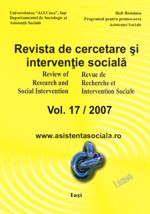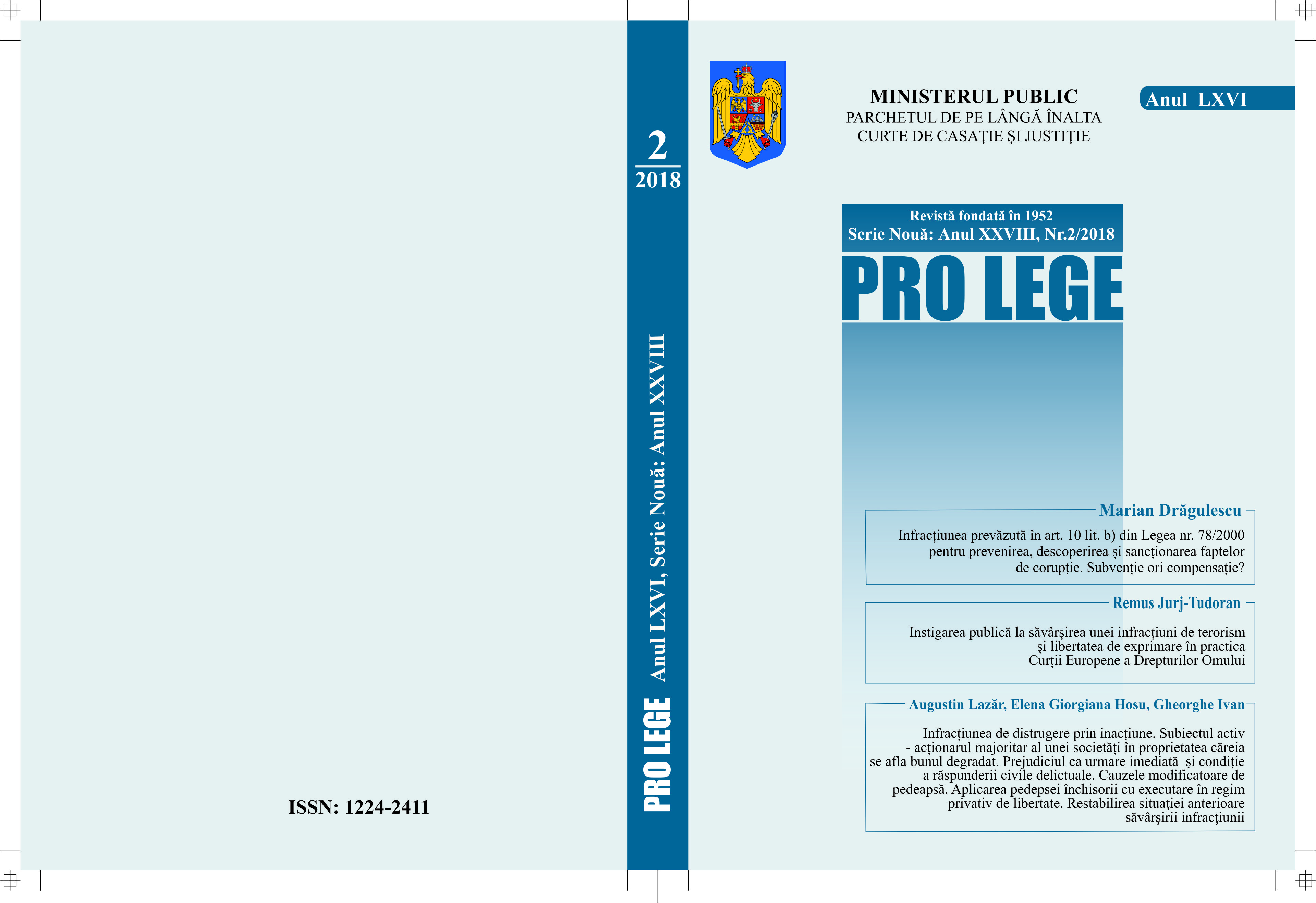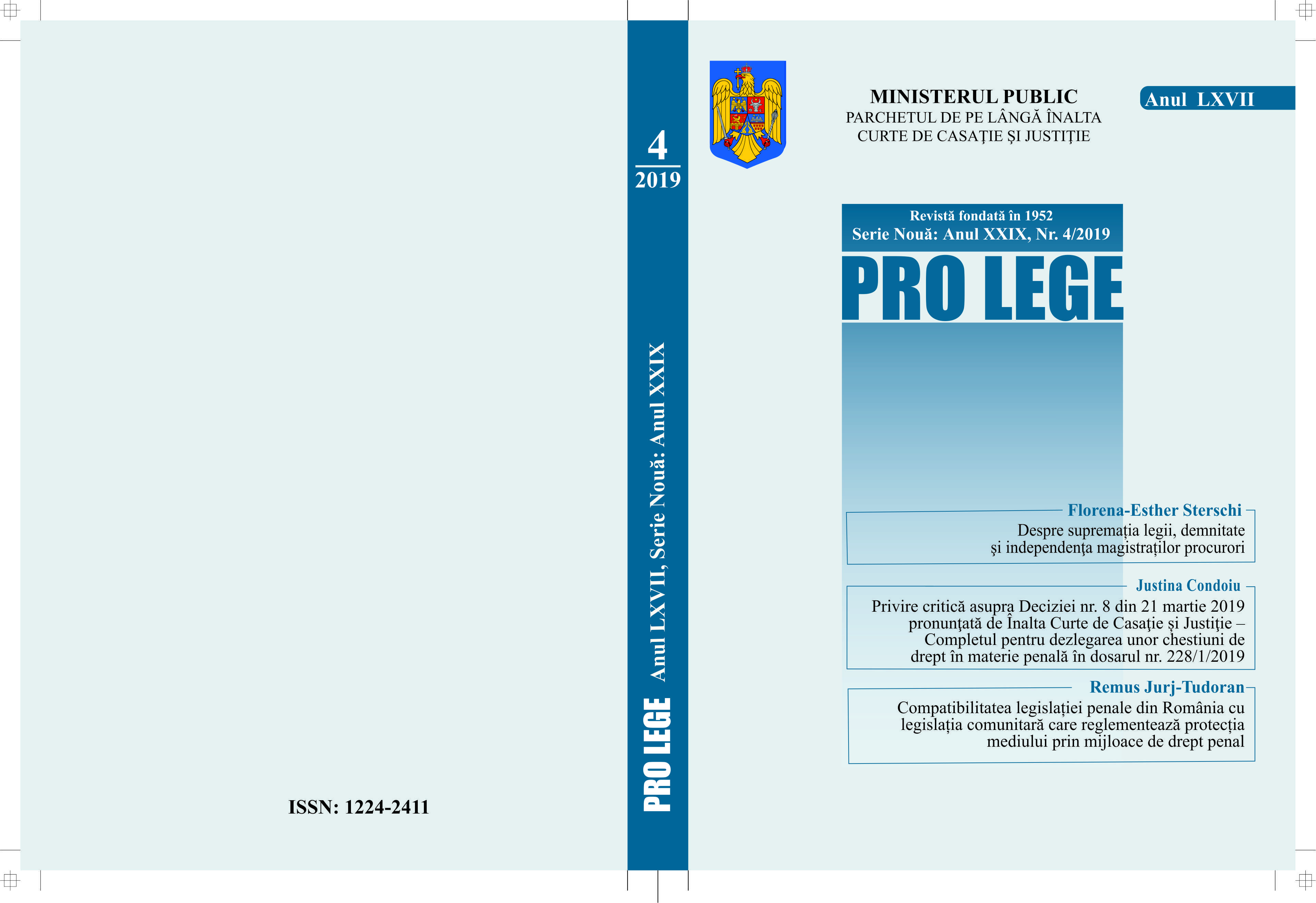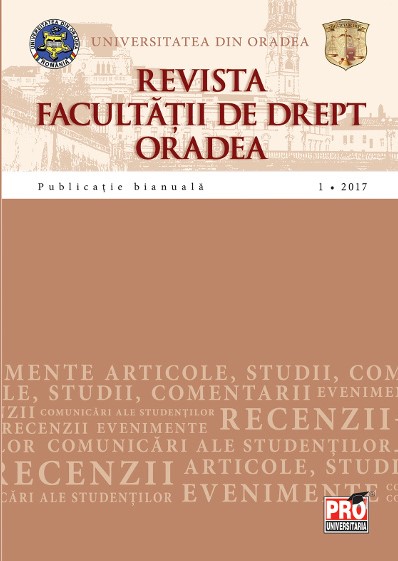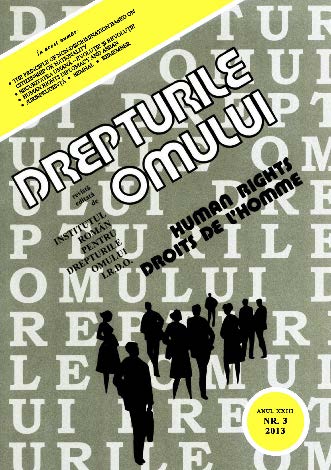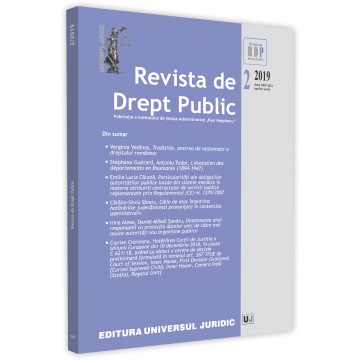Retragerea drepturilor și îndatoririlor părintești. Încuviințarea adopției unui copil vulnerabil. Dreptul la respectarea vieții de familie. Încălcare. Lipsa necesității într-o societate democratică.
Author(s): Antonia-Eleonora Constantin / Language(s): Romanian
/ Issue: 4/2019
Keywords: The right to family life; Interference; Placement; Adoption; Guarantees; Positive obligations; Family reunion; The best interest of the child; The interests of the biological parents; Proper balance;
The circumstances regarding the family unity and its reunification, in the case of separation, inherently fall within the scope of the right to family life protected by the Art. 8 of the Convention. When the interests of a child and his parents are in conflict, in the realm of Art. 8 of the Convention, the national authorities should ensure a fair balance between them and, in this endeavor, the special attention should be paid to the best interests of the child which, in relation to their nature and seriousness, may prevail over those of their parents. A child should not be separated from his or her parents against their will, unless national authorities decide to establish so, in accordance with the applicable law and the internal procedures, that the separation is necessary for the best interests of the child. Their decision must be subject to judicial review. According to the case law regarding the imposition of restrictions on family life for the purpose of the public interest, the national authorities have a positive obligation to take measures to facilitate the family reunification as soon as possible. Any measure of temporary protection of the child should have, as a final purpose, the reunion of the natural parents to the child. However, when a considerable period of time has elapsed from the moment the child was initially taken into public custody, the child's interest of not seeing changed again the de facto family situation, may prevail over the parents' interests of reuniting the family. Since the breaking of the connections between the child and his biological family is the essence of the adoption, for its approval, there should be no real prospects of rehabilitation or reunification of the family, so that the permanently placement of the child, in a new family, corresponds to his best interests. The national authorities must ensure that, in the decision-making process regarding the child from which they were separated, the natural parents were involved, and their interests were known and, accordingly, they were taken into consideration, they were able to resort, throughout the procedure, as a whole, to the remedies available in the national law. Also, these decisions must be based on the evidence that reflects the situation of the child and the parents, at a time as close as possible to that of the adoption.
More...
